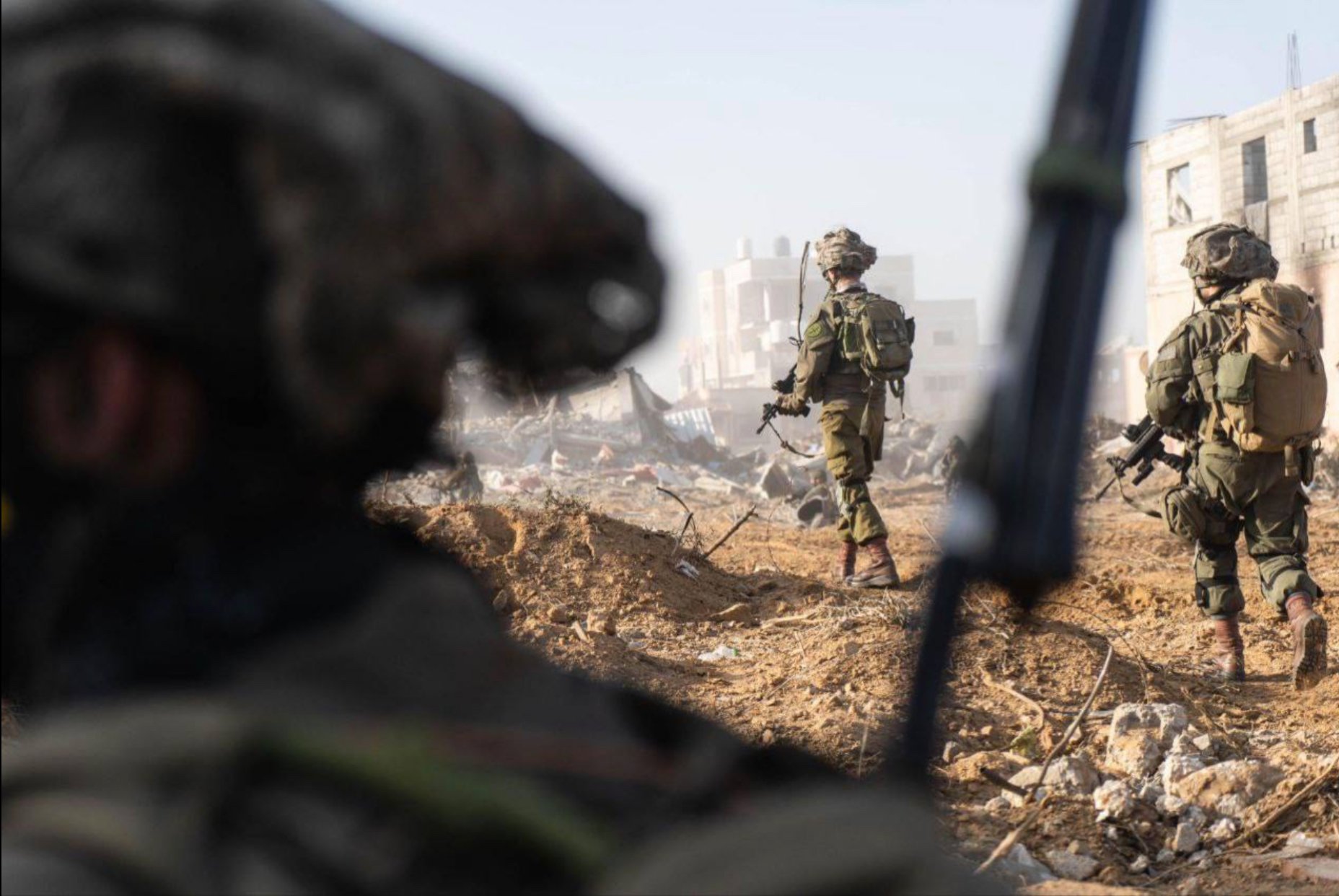TENSIONS RISING IN THE WAR ON HAMAS
ISRAEL UPDATE
Is there an end in sight to the conflict in Gaza?
As with most wars, after the initial invasion phase and it becomes evident it will either be a quick outcome or a protracted conflict, public interest tends to wane. This is what has largely happened with the war in Ukraine as that conflict now enters a third year since Russia first attacked on 24th February 2022.. As international pressure has mounted on Russia and Vladimir Putin there has been no indication of any retreat from the Russian side, if anything Putin has signalled very clearly that he has no regard for what the West thinks at all. Whether it was the assassination of his critic Alexei Navalny or his increased rhetoric of his willingness to use nuclear weapons, Putin is the epitome of lawlessness for which no one is willing to mess with.
Israel on the other hand has significant ongoing global interest largely because of the religious associations with Judaism, Christianity and Islam. And as “Holy Observances” occur throughout March and April many eyes turn to the Middle East, and of course Ramadan as always has an unpredictable fervency creating extra tension. From a political standpoint the attention of Western leaders is always directed towards this conflict because it not only creates tensions in their own jurisdictions, but quickly threatens to destabilise global security.
Most recently tensions between Israel and the United States reached new heights with the US interfering in Israel’s governance by seeking to oust Benjamin Netanyahu in favour of Benny Gantz who is seen as more moderate and favourable towards a two state solution. Then there is the United Nations, always hanging on every accusation Hamas makes toward Israel while diminishing or disregarding completely the organisations complicit failings in Gaza and the daily terror attacks by West Bank Arabs seeking to murder Jews. The increased media focus on purported risks of starvation among displaced Gazans, together with what has appeared to be hasty and poorly administered aid delivery has all contributed to increasing tensions that stifle Israel’s objectives to finish the job in Rafah, something that is being vehemently opposed by the West.
TENSIONS RISING BETWEEN THE US AND ISRAEL
Senate majority leader Chuck Schumer, who has long been a supporter of Israel, said on the Senate floor that Mr Netanyahu's government "no longer fits the needs" of the country and that its people "are being stifled right now by a governing vision that is stuck in the past".
The top Democrat said in his 45-minute speech: "As a democracy, Israel has the right to choose its own leaders, and we should let the chips fall where they may. But the important thing is that Israelis are given a choice."
Mr Schumer, who is the first Jewish majority leader in the Senate, called for "a fresh debate about the future of Israel after October 7 [Hamas attack]," and said: "In my opinion, that is best accomplished by holding an election."
Israeli PM Benjamin Netanyahu responded directly and forcefully to the criticism saying calls last week for elections in Israel from Schumer were “wholly inappropriate.” “It shouldn’t have been said, it’s wrong,” he said during a “Fox & Friends” interview, echoing comments he also made on CNN. “It’s wrong to try to replace the elected leaders of a sister democracy, a staunch American ally, at any time, but especially during a time of war, we’re not a banana republic.” said Netanyahu.
“it is clear that the conflict in Gaza is at the most critical juncture since the war began”
As of writing this article, it is clear the conflict in Gaza is at the most critical juncture since it began back in October last year. Should Israel move forward with plans to flush out Hamas from Rafah at the stringent opposition by the US, there are likely to be ramifications felt in the relationship between these long time allies, at least until a change in the US administration. Should Israel also make a grave mistake resulting in significant loss of life among the million or so Gazans’ currently sheltering in Rafah, that too will have significant consequences from the International community. On the other hand, should Israel move forward and successfully complete the job, then it could end the conflict and begin the next phase focussing on how Gaza will be governed. In addition to this question is whether or not an escalation in Lebanon will develop? It would seem that this conflict is still contained, but Israel buoyed by their accomplishments in Gaza may well consider it a worthy cause to pursue in seeking sustained rest on all their borders.
Addendum from original article published in the Australian Shofar online Edition on 22/3/2024
On 26th March a non binding UN Resolution (2728) "demanding an immediate ceasefire in Gaza" was adopted by the UN with the vote 14 - 0 in favour with the US abstaining.
This signalled a significant abandonment from the US in support of Israels eradication of Hamas and leaves Israel in the wilderness from her closest ally. The US has indicated they still have Israels back, however there are deep suspicions based on the UN vote with Israel now refusing to send a delegation to the US for scheduled talks. This all contributes to what will be a tense few weeks ahead as gentile nations begin to look for ways to apply pressure on Israel to comply with the resolution.



